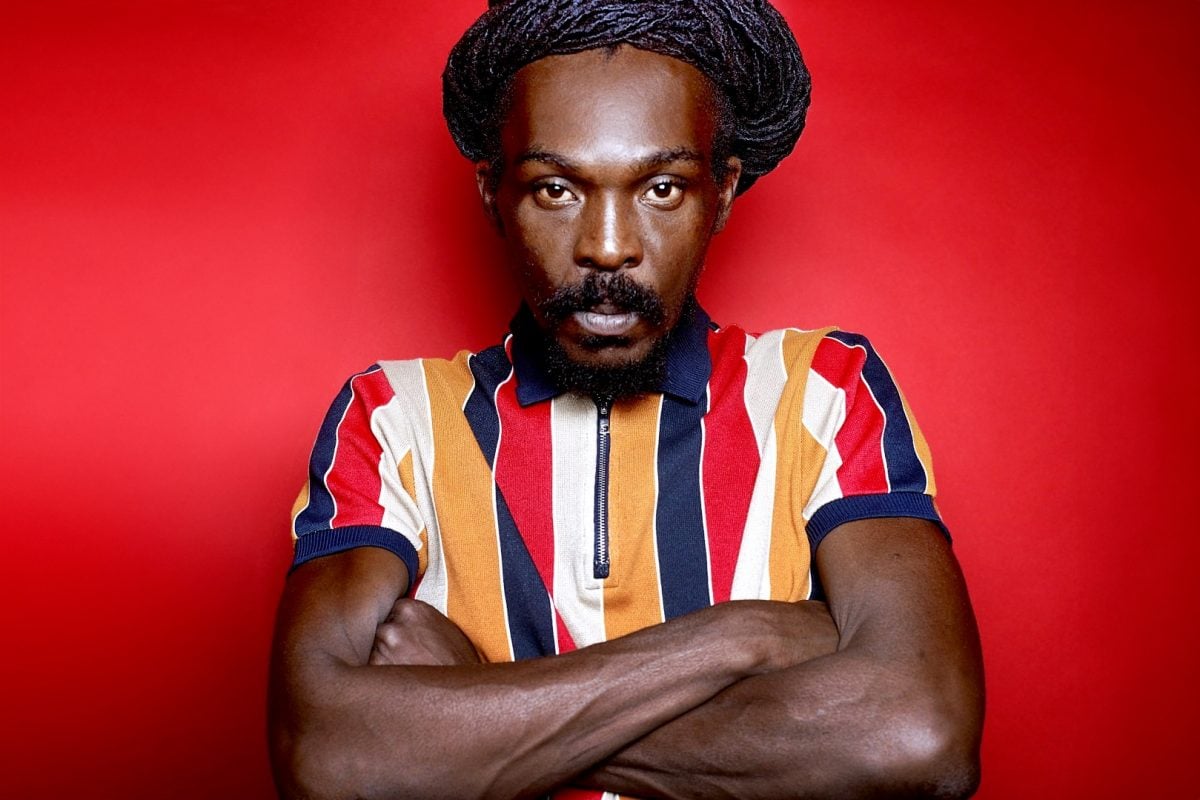Anthony B On His Anti-Establishment Hit ‘Fire Pon Rome,’ 27 Years Later

Rastafarian firebrand Anthony B has come a long way from being a naive country boy out of Clark’s Town, Trelawny, inspired by Reggae legend Peter Tosh‘s roots message and ‘gangsta’ deejay Ninjaman‘s innovation. Using that combination, he rattled the establishment with his controversial breakout hit Fire Pon Rome in 1996.
In the song, the Reggae singer addressed the continuing impacts of colonialism and slavery, asserting that although physical shackles have been removed, mental slavery persists. The verses specifically called out various corporate leaders over issues like land ownership, and rebuked the island’s politicians for their apathy towards the underprivileged masses. It proved too controversial ahead of an election year and was quickly banned from Jamaica’s airwaves.
Anthony B described it as a pivotal track in his career, despite the ban and lost performance opportunities.
“I wouldn’t say it’s my biggest song; I would say it’s my breakout song that put my name on the music map. It was banned from all radio stations in Jamaica and I lose a lot of shows because of the fear of what might or could have happened,” he told DancehallMag.
“The story of Fire Pon Rome was an effort to help change the political landscape in Jamaica from being violent to be more peaceful and democratic. I recorded it after performing it at Sting 95 and the next day it was the biggest talk in the country. I go into the studio and made it into a record,” the artist recalled.
Produced by Richard ‘Bello’ Bell’s Startrail label, Fire Pon Rome appeared on So Many Things, Anthony B’s 1996 album released under VP Records.
The album featured other hard-hitting songs such as Raid The Barn, (al)Low Di Herb, and Bun Down Soddom, but Fire Pon Rome remains an influential favorite, an unapologetic protest song railing against oppression and injustice.
The chorus, “Fire pon Rome,” symbolically calls for a challenge against established powers and corrupt systems, with “Rome” being a metaphor for oppressive entities.
The lyrics also subtly critique religious institutions’ historical roles in oppression, referencing “Pope Paul an him scissors an comb.” This is especially pertinent given the Vatican’s recent acknowledgment of 15th-century papal documents that legitimized colonialism and slavery, a period during which over 12.5 million Africans were enslaved, according to Reuters.
“The legacies of slavery still exist today,” Anthony B said.
Now 47, Anthony B is one of the headliners of this year’s Sting concert, which returns to its Jamworld home in Portmore.
“I am excited, excited, full of excitement for this show. Sting is really the show that gave me my break in 1995 and 1996, that’s the first two year I got a chance to go on Sting, and it launched my career, so I am always joyful, look out for the Fireman, come bun out the whole place ah Sting,” he promised.
He made an appeal that Sting should continue to hold its place on the entertainment calendar because of its cultural significance.
“Sting ah one of those shows that should happen every year, it is part of our culture, Sting is part of the dancehall repertoire and the dancehall history, we mustn’t lose event like this, so Sting, mi excited, mi happy, joyful, mi full of energy, full of fire, whole heap a bomb fi come drop pon Sting,” Anthony B said.
Apart from Fire Pon Rome, his biggest songs include World A Reggae Music (2005), a remake of Ini Kamoze’s World-A-Music, and Chill Out (2020), which appeared on the Cali Roots riddim and his 2023 album Bread & Butter. Other hits include Waan Back, Back To Normal, Freedom Fighter, Love Come Down, and Born to Be Free.

